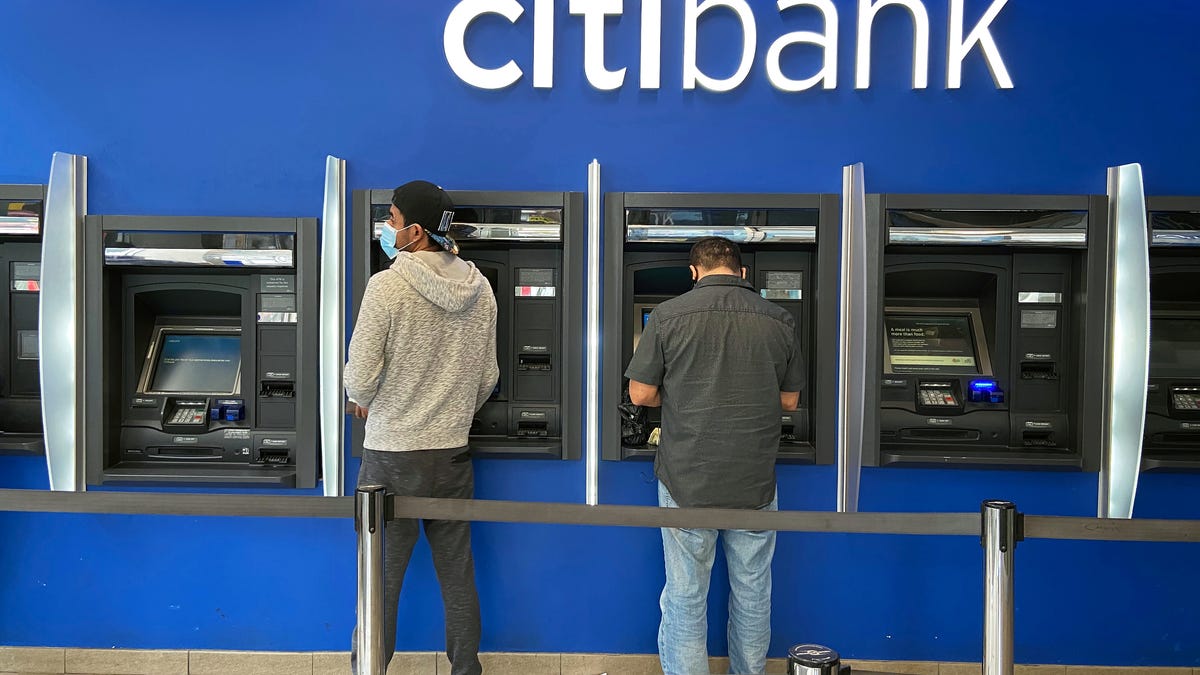The personal savings of Americans have plummeted from their stimulus-fed peaks during the pandemic—just when the money could have come in handy, as the US faces a combination of high inflation and a tightening economy.
In June, according to data from the St. Louis Federal Reserve, personal savings hit $555.7 billion, the lowest since the trough in August 2009, in the teeth of the financial crisis. The latest figure, in August, was $652.8 billion—not that much higher.
In comparison, in April 2020, US savings reached a peak of $6.42 trillion—an artificial peak, admittedly, driven by sudden covid lockdowns that constrained consumer spending, and by the three waves of stimulus payments issued by the government the previous month.
The slide since a second peak, in March 2021, has been prompted both by a renewed ability to spend—as lockdowns eased—and by high prices resulting from supply chain snarls and other factors. All through this year, consumers have had to dip into their savings to counter these headwinds. In June, the personal savings rate was 3%, the lowest in 14 years.
This creates a strange situation. Prices continue to be high, and the Federal Reserve’s unshakeable resolve to hike interest rates has stoked fears that the US is headed for a recession. Job openings fell in August, indicating, among other things, that companies are slowly tightening their belts. But people are also continuing to spend, although perhaps not at the same level as earlier this year. In September, in fact, the University of Michigan Consumer Sentiment survey recorded the strongest inclination to spend since April. Thanks to the boom of buy-now-pay-later schemes, Americans are even spending their way past their savings, prompting regulators to pay more attention to the industry.
If a hard recession does indeed arrive, Americans could find themselves deeply short of the cash they’ll need to ride through it. And if that summons another round of stimulus from the Biden administration, it will only add to the US’s record public debt of $31.1 trillion.
